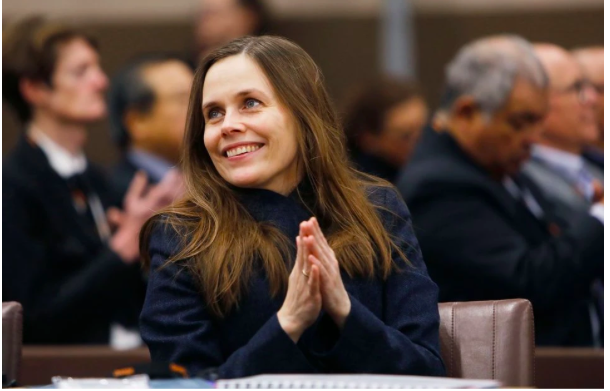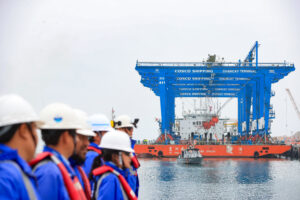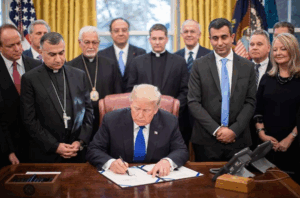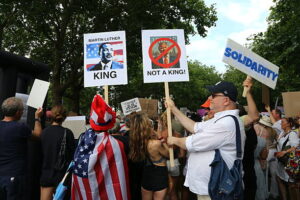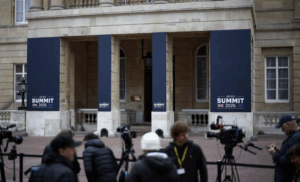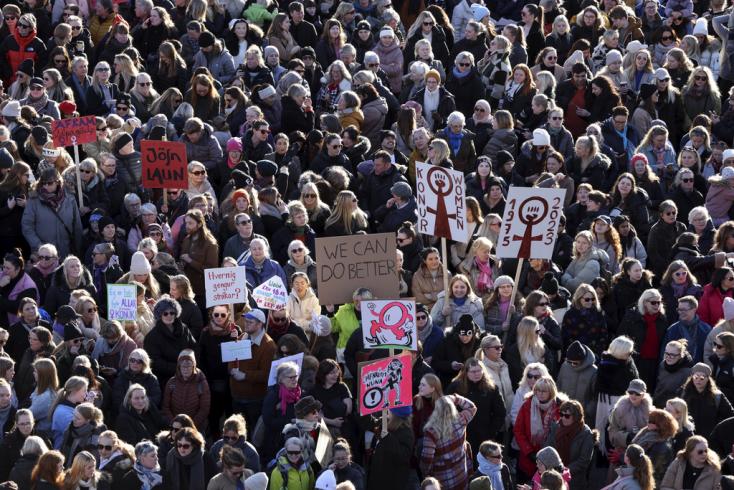A day dedicated to women: Women’s Day off
Women in every field took part in that massive demonstration: teachers, doctors, nurses, engineers etc… This public demonstration was also supported at a political level. The Prime Minister, Katrín Jakobsdóttir actively participated in the protest. In an interview accorded to NBC News she stated that “full equality has not yet been achieved in Iceland […] we are still dealing with the gender pay gap, we are still dealing with gender-based violence.” In this same interview, she highlights the importance of a public protest at a national level to make things change: “People ask what is the purpose of such an action? It is of course demonstrating how important the work contribution of women is in society.”
Every woman of Iceland was asked to stop every type of work for the day. This included work at their office or in their own home. The purpose of this protest is to recognize all of the domestic work women are left to deal with when they come home. This mental load is being largely overlooked or unmentioned even though it represents a large amount of time.
The wage gap between men and women is not the only issue that needs to be solved according to Katrín Jakobsdóttir. Indeed, problems such as sexual harassment or misogynistic behaviours are still a reality in Iceland.
The feminist heritage of 1975
Iceland is one of the first countries in the world that puts the wage gap issue ahead of society’s priorities. The feminist history of the island goes back to the 24th of October 1975. Back then,90% of women went on strike to protest against gender discrimination. This historic public protest enabled major progress such as the election of the first female president of Iceland: Vigdís Finnbogadóttir.
In 1975 the first “Kvennafri” was led by the radical feminist group: Redstockings. Its members published political tracts, were at the front line of the demonstration and performed a powerful protest song that advocates women’s freedom: Áfram stelpur. They paved the way for decades of public protests in Iceland.
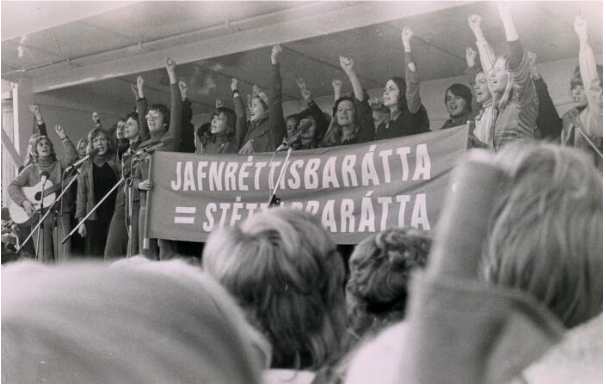
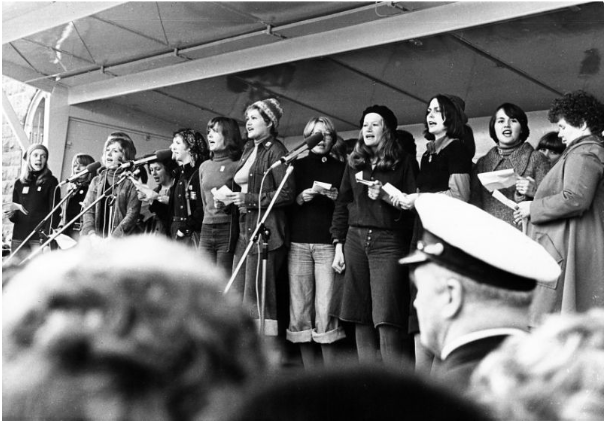
Kvennafrídagurinn 1975 – rauðsokkur syngja Áfram stelpur
To check out the song : https://www.youtube.com/watch?v=2sFdUUnHJi8
Iceland: a leader in gender equality
A longstanding heritage of feminism and gender equality has been built by thousands of women in Iceland. To tackle the wage gap issue, the parliament of Iceland passed a law in 2018 that reversed the burden of proof when it comes to inequal payement. From now on, companies have to demonstrate that if a pay gap exists, gender is not the reason. In consequence, companies have to prove they equally pay their male and female employees to get a formal certification. Otherwise, they will be heavily fined. This law is considered as one of the most progressive in the world and seems to have a real positive effect on women.
Even though Iceland is a pioneer in terms of equal wage, women on the island still earn 21% less than men. The struggle for gender equality still needs to be tackled.
